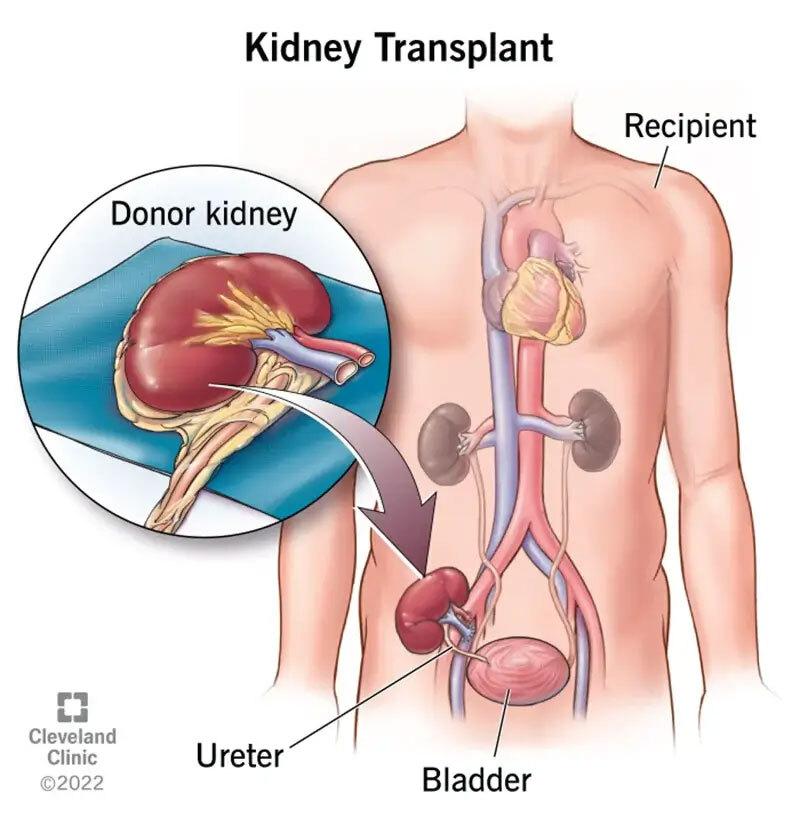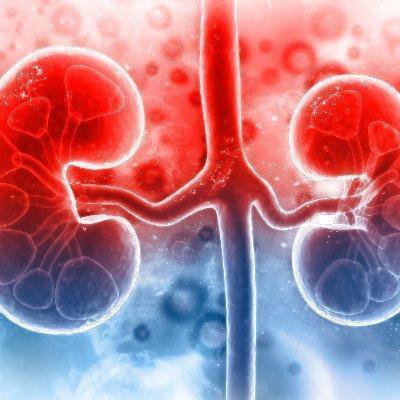If you’re looking for trusted and experienced care for kidney failure, you’re in the right place. Dr. Sachin B. Patil, a leading Nephrologist and Kidney Specialist in Pune, offers personalized and advanced kidney transplant guidance at NeU Clinic. With his MD and DM in Nephrology, he brings deep knowledge and hands-on experience to help patients through every stage of kidney disease.
Understanding Kidney Transplant
A kidney transplant is a procedure where a diseased kidney is replaced with a healthy one from a donor. It’s often the best treatment for patients with end-stage kidney failure, where the kidneys can no longer perform their filtering functions. This procedure can offer a new lease on life and reduce the need for ongoing dialysis.


Common Signs That Your Kidneys May Be in Trouble
Many people ignore early signs of kidney issues. Watch out for these symptoms:
- Swelling in the legs, ankles, or face
- Feeling tired or weak all the time
- Trouble passing urine or changes in urine flow
- Loss of appetite or constant nausea
- High blood pressure that’s hard to manage
- Puffiness around the eyes
- Difficulty sleeping or concentrating
If you’re experiencing these regularly, it’s best to consult a kidney specialist like Dr. Sachin B. Patil at NeU Clinic for timely diagnosis and care.
When is a Kidney Transplant Needed?
A kidney transplant is usually needed when your kidney function drops below 10–15%. This condition is called end-stage renal disease (ESRD). At this stage, the kidneys can’t remove waste or balance fluids properly, making a transplant or dialysis the only options. A successful transplant can greatly improve both lifespan and quality of life.
How to Choose the Right Kidney Specialist or Surgeon
Choosing a doctor for such a life-changing procedure is very important. Here’s what to look for:
- Qualifications: Dr. Sachin B. Patil holds both MD and DM in Nephrology, making him highly qualified to handle complex kidney cases.
- Experience: With years of focused experience in nephrology and transplant support, he has guided many patients successfully.
- Approach: He is known for his detailed, patient-friendly communication and personalized treatment planning.
- Post-transplant care: The journey doesn’t end after surgery. Dr. Patil ensures thorough follow-up and lifestyle guidance for long-term success.
Risks of Avoiding Kidney Transplant When Needed
Ignoring or delaying transplant when your kidneys are failing can lead to:
- Accumulation of harmful toxins in the body
- Repeated hospital admissions for dialysis
- Increased fatigue, weakness, and loss of independence
- Higher risk of infections, heart issues, and other complications
That’s why timely intervention is so important.
Benefits of a Kidney Transplant
- Freedom from dialysis and improved energy levels
- Better overall health and life expectancy
- More flexibility with diet and routine
- Long-term financial benefits compared to dialysis
Meet Dr. Sachin B. Patil – Kidney Specialist at NeU Clinic, Pune
Dr. Sachin B. Patil is a respected Nephrologist in Pune with a specialization in kidney transplants, dialysis, and chronic kidney disease management. He practices at NeU Clinic, where he provides compassionate, personalized care for every patient. His qualifications—MD and DM in Nephrology—reflect his deep understanding and expertise in this field.
Whether you need a consultation, a second opinion, or a complete transplant plan, Dr. Patil offers clear guidance, from evaluation to recovery.
Frequently Asked Questions (FAQs)
- What is the success rate of kidney transplants?
Kidney transplants have a high success rate, especially when done under expert care with proper post-surgery follow-up. - How long will I need to stay in the hospital after the surgery?
Most patients stay for about 5 to 7 days after a transplant, depending on recovery. - Will I need to take medicines for life after the transplant?
Yes, you’ll need to take medications to prevent rejection of the new kidney. These are crucial for long-term success. - Can I live normally after the transplant?
Yes! Many patients go back to work, travel, and enjoy a normal life with few restrictions. - Who can donate a kidney to me?
Living donors can be family members or compatible individuals. You may also receive a kidney from a deceased donor.


